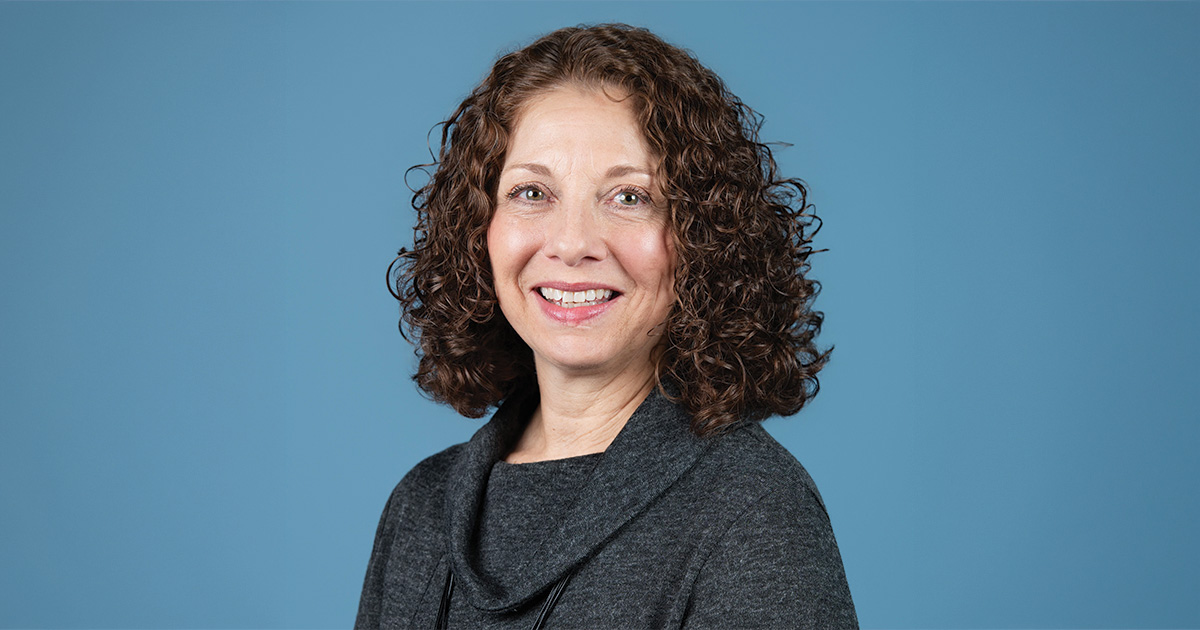Despite the upheaval caused by the COVID-19 pandemic, the Hadassah Medical Organization’s infertility services are in full gear. They have been since Israel’s first lockdown ended.
Prof. Anat Hershko Klement, director of the In Vitro Fertilization (IVF) Unit at Hadassah Hospital Mount Scopus, notes that in Israel, unlimited IVF treatment is offered free of charge for up to two children per family until the age of 45.
“I see it as a privilege to be able to assist these couples in their journey to become parents,” says Prof. Hershko.
It was in medical school that she became passionate about obstetrics and gynecology, and then, as she cycled through her rotations as a resident, Prof. Hershko was fascinated by the field of infertility. She studied reproductive medicine as a fellow at the University of Toronto. Now, having worked at Hadassah Mt. Scopus for about a year, Prof. Hershko feels “honored to be a Hadassah physician.”
As couples defer parenthood, often until their late 30s or older, 10 percent experience infertility. Consequently, more women are opting for “social freezing,” having their eggs frozen despite having no medical issues so that their eggs are still viable when they are ready to become parents.
At Hadassah Mt. Scopus, state-of-the-art flash-freezing is available. With this procedure, embryologists freeze either eggs or embryos in a way that avoids damage and ensures successful thawing. With this revolution in egg and in ovary preservation, Hadassah specialists can increase the possibility that patients with cancer, even pediatric patients, retain the ability to become parents. Prof. Hershko explains that at Hadassah, before any cancer treatment begins, there is coordination between the oncologists and the fertility specialists to preserve fertility.
Prof. Hershko is a researcher, too. Recently, she investigated the relationship between recurrent pregnancy loss and the future incidence of cancer. She and her colleagues found a significant decrease in gynecological cancer among women who had multiple miscarriages. They hypothesize that natural killer cells of the immune system may be hyperactive in those who experience recurrent pregnancy loss and, therefore, multiple miscarriages may prove beneficial against the development of cancer.
Prof. Hershko is also investigating the possible impact of the COVID-19 vaccine on fertility. “There is absolutely no evidence that the vaccine can harm one’s fertility,” she says. She advises her patients to get the vaccine before beginning fertility treatments.
One infertility “riddle” that Prof. Hershko would like to see resolved is why, when fertility specialists implant a “normal” embryo, one that does not have any known genetic mutations, the chance of achieving a pregnancy is only 50 percent. She would also like to be able to help those women whose ovaries at an early age behave as if they were menopausal. At this point, she says, there is usually nothing physicians can do unless these women had their eggs frozen when they were very young.
Looking to the future, Prof. Hershko is optimistic. She believes that we will gain the ability to educate cells from various tissues of the body to become egg cells. “That,” she says, “will be a game changer.” And she expects it to happen in her lifetime. Learn more about Prof. Hershko’s research at hadassah.org/podcast-infertility.
As featured in the 2020 Hadassah Annual Report, released in July 2021.



.svg)





